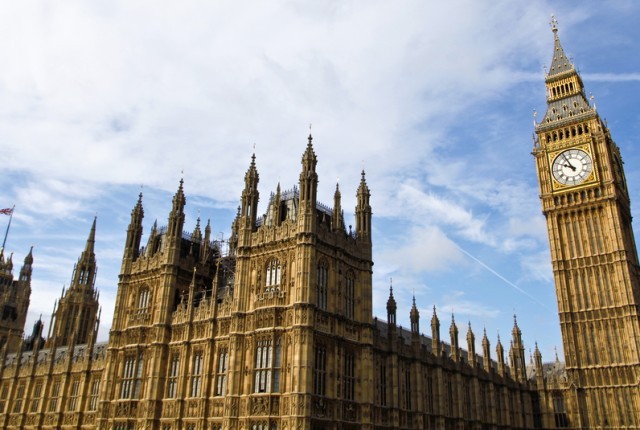

Budget 2024 Summary: The Key Points
PUBLISHED ON: 30/10/2024
The Chancellor has revealed today the contents of the Autumn 2024 Budget in the House of Commons
Here is a summary of the key information:
Business Taxes
- Businesses to pay National Insurance on workers’ earnings higher than £5,000 from April, down from £9,100, with rates increasing from 13.8% up to 15%
- Employment allowance – allowing companies to reduce their National Insurance liability by £5,000 to £10,500
- Tax paid by private equity managers on share of profits from successful deals to rise from up to 28% to up to 32% from April
- Corporation tax paid by businesses on taxable profits over £250,000 is set to remain at 25% until the next election.
Personal taxes
- Freeze on income tax and National Insurance thresholds to end in 2028, stopping people from being pushed into higher tax brackets as their wages increase
- Capital gains tax paid on profits from selling shares are set to increase from up to 20% to up to 24%
- Freeze on inheritance tax thresholds extends from 2028 to 2030
Transport
- 5p cut to fuel duty on diesel and petrol which was set to end in April 2025, kept for another year
- Air Passenger duty on flights by private jet set to go up 50%
- Vehicle Excise Duty (VED) is set to remain as low as £10 for electric vehicles. Plug-in hybrids and ICE vehicles producing 1-50 g/km of carbon dioxide are set to see a ten fold rise in road tax
- Tax incentives rates remain for electric vehicles, with plug-in hybrid and ICE vehicles set to see a hike in company car tax up to 2030
Housing
- Affordable homes budget boosted by £500m, running until 2026
- Social housing providers allowed to increase rents above inflation
- Stamp duty surcharge, paid from purchasing second homes in England and Northern Ireland, going up from 3% to 5%
Inflation and predicted economic growth
- Office for Budget Responsibility (OBR) forecasts UK economy will grow by 1.1% this year, followed 2% next year, and 1.8% in 2026
- Inflation is predicted to average 2.5% this year, 2.6% in 2025, and 2.3% in 2026
Government spending and public services
- £6.7 billion allocated for investment into education next year, with £1.4 billion put aside for rebuilding more than 500 schools
If you need any more information, email [email protected], call 0115 958 6872 or fill in an enquiry form below.
Have Any Questions?
Qualified Team Available
Related Articles

18/12/2025 Read More
The Bank of England has announced that base rates have been cut to 3.75%.

26/11/2025 Read More
The Autumn Budget 2025 has been announced. Here are the key points.

20/10/2025 Read More
MAF Finance Group has been awarded Asset Finance Broker of the Year in the Leasing Foundation's Going Further Awards 2025.
